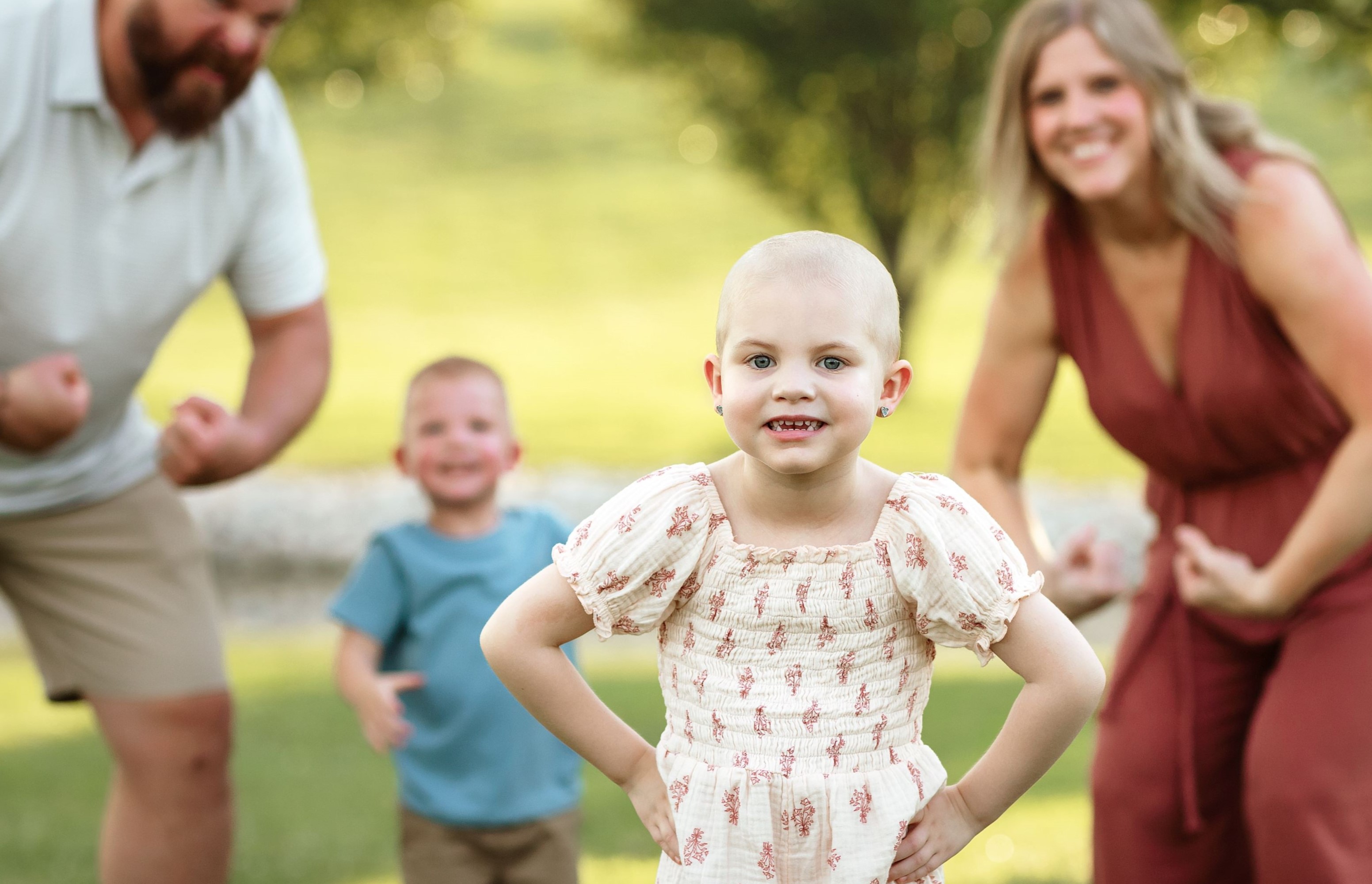
Genetic Testing for Breast Cancer
What is Genetic Testing for Breast Cancer?
Some people inherit changes, or mutations, in certain genes that can greatly increase your lifetime risk of developing breast cancer. If you have relatives who’ve been diagnosed with breast cancer, you might worry about how it affects your risk.
Although more than 75% of women with breast cancer have no family history, genetic testing is a safe and effective way to learn more about your risk. Your Mercy doctor can evaluate your family history and other factors to determine whether you’re a candidate for genetic counseling or testing.
BRCA - The Breast Cancer Gene
The genes most often associated with hereditary breast cancer are breast cancer 1 (BRCA) and breast cancer 2 (BRCA2). A BRCA gene mutation can raise your risk of breast cancer by as high as 87% and your risk of ovarian cancer by as high as 44%. If testing shows you have a BRCA mutation, other family members may want to be tested as well.
Other Breast Cancer Genes
In addition to the BRCA genes, other genes can increase your risk for breast or ovarian cancer. Inheriting the partner and localizer of the BRCA2 (PALB2) gene from either your mother or father raises your risk of developing breast or ovarian cancer.
Genetic Testing Process
For most genetic tests, either a saliva or blood sample is taken. Results are usually available within two to four weeks. Our hereditary risk assessments are guided by Mercy genetic counselors and performed by a team of Mercy doctors who are experts in the process. If you have a genetic risk, Mercy offers longitudinal care plans—holistic, coordinated treatment plans that reflect your values and preferences.
Genetic Counseling
Genetic counseling can help determine if you should be tested for other genes beyond BRCA. Multigene panel testing can find mutations in several different genes. Single-gene testing finds mutations in a specific gene, and it’s often done when you have a known gene mutation in your family.
Genetic testing is more effective when a relative who had breast or ovarian cancer is tested. If there’s an abnormal gene in your family, it was likely inherited by someone who had these cancers. And not every person in your family will inherit the abnormal gene. But if you don’t have living relatives with cancer who can be tested, a genetic counselor will recommend the next best family member for testing.
The indications for genetic testing are updated periodically. Your Mercy doctor may recommend breast cancer genetic testing if any of the following factors apply to you.
- A family member on either parent’s side was diagnosed with breast cancer before age 50
- A male family member had breast cancer
- You’re of Ashkenazi (Eastern or Central European) Jewish ancestry, with a personal or family history of breast or ovarian cancer
- You or a family member had two or more breast cancers, with one diagnosed before age 50
- You’ve had cancer in both breasts or more than one cancer occurrence in the same breast
- You or a family member had breast cancer and another type of cancer such as ovarian, thyroid or uterine cancer
- A genetic mutation was previously identified in your family
If your Mercy doctor believes your personal or family history shows a risk for inherited breast cancer, you’ll be referred to a genetic counselor. Your genetic counselor will recommend the type and timing of genetic testing that’s best for you and your family. Experts advise against testing children under the age of 18. At such a young age, they may not be ready for information about their lifetime cancer risks.
Always talk with your genetic counselor and Mercy doctor after testing to learn what your results mean. If you tested positive for a gene mutation, they’ll talk with you about breast cancer surveillance—exams and tests will be performed on a regular basis to detect early signs of the disease. Your genetic counselor may also recommend genetic testing for other family members.
Talk with your Mercy doctor about other preventive options to lower your risk. Some medications may help reduce breast cancer risks, such as tamoxifen or raloxifene. Preventive surgery can also be considered, such as preventive (prophylactic) mastectomy, or removal of one or both breasts. You and your Mercy doctor should consider the benefits and risks of all options.
Breast Cancer Risks: Facts & Misconceptions
In this video, Dr. Patricia Limpert, a Mercy Clinic breast surgeon, shares common misconceptions women have about their breast cancer risks.
Breast Cancer Genetic Testing Information
At Mercy, we offer comprehensive services to diagnose and treat a full range of conditions, including:

